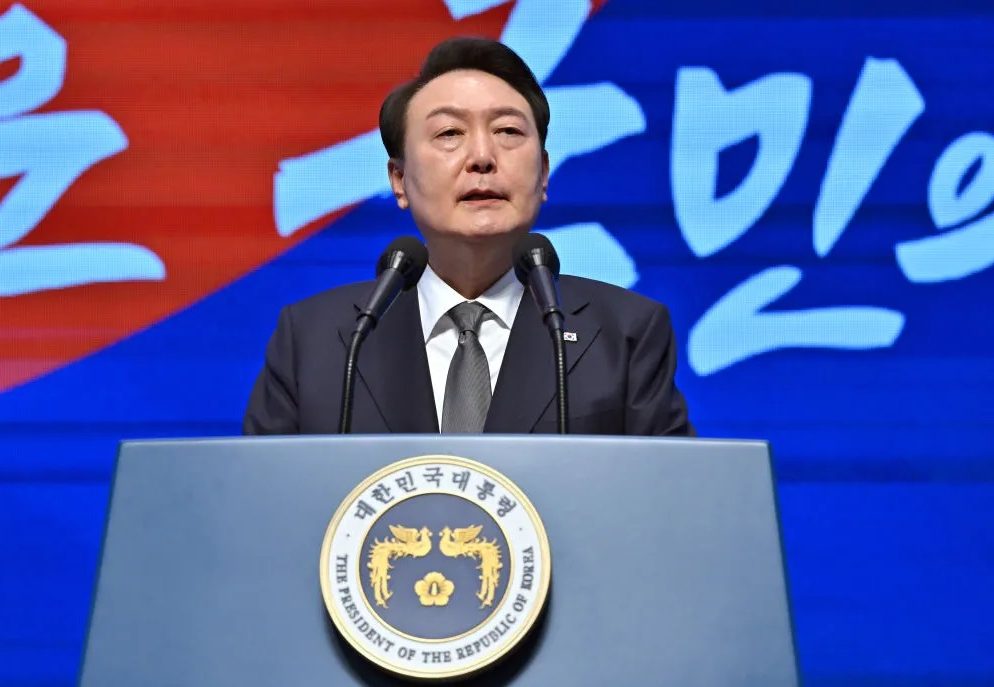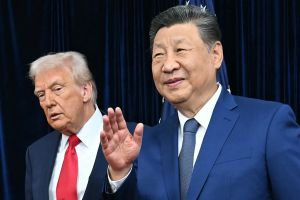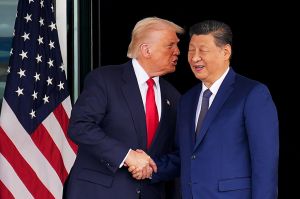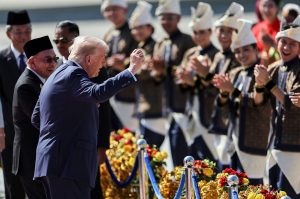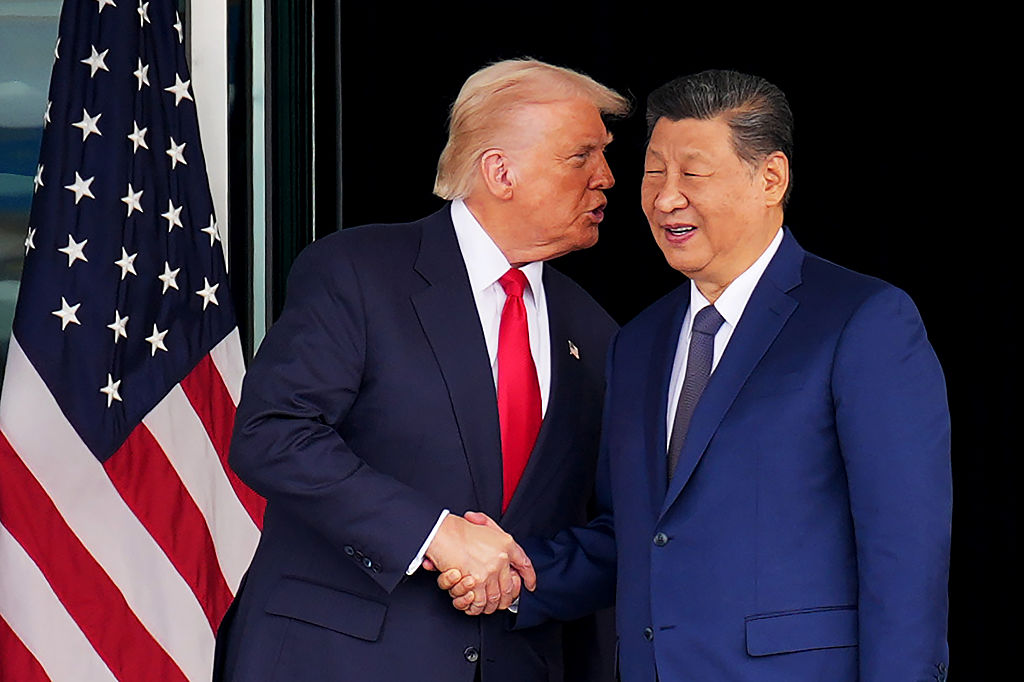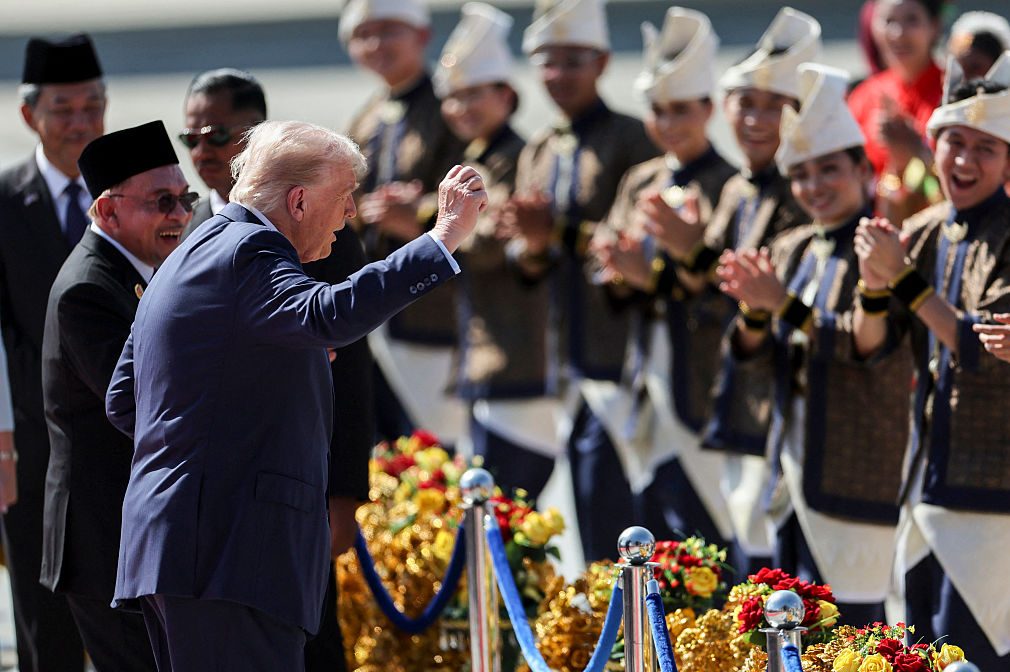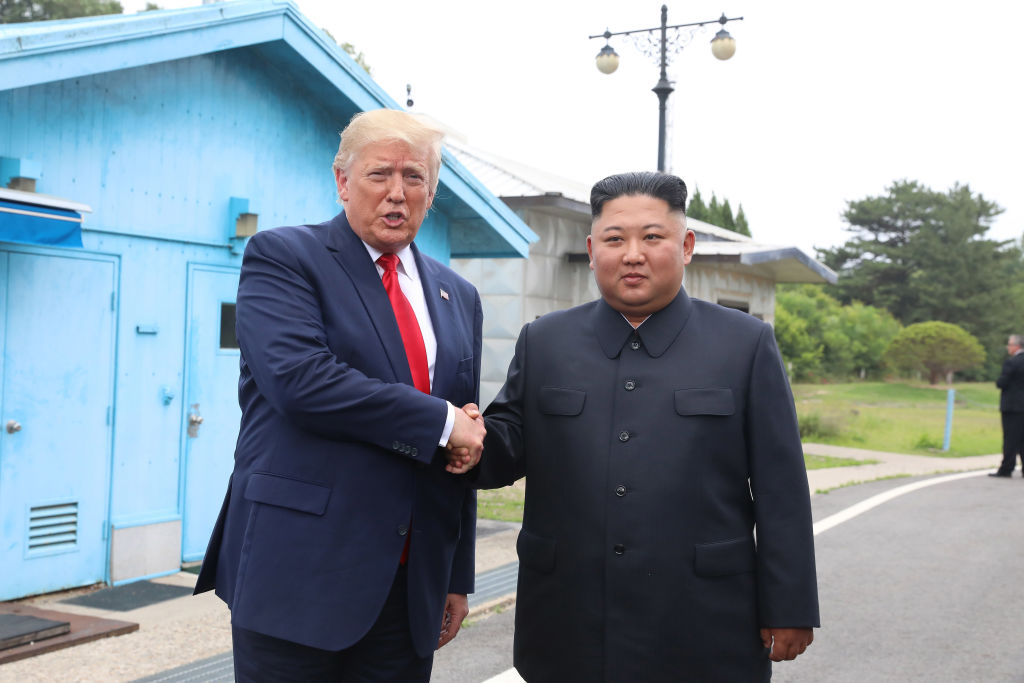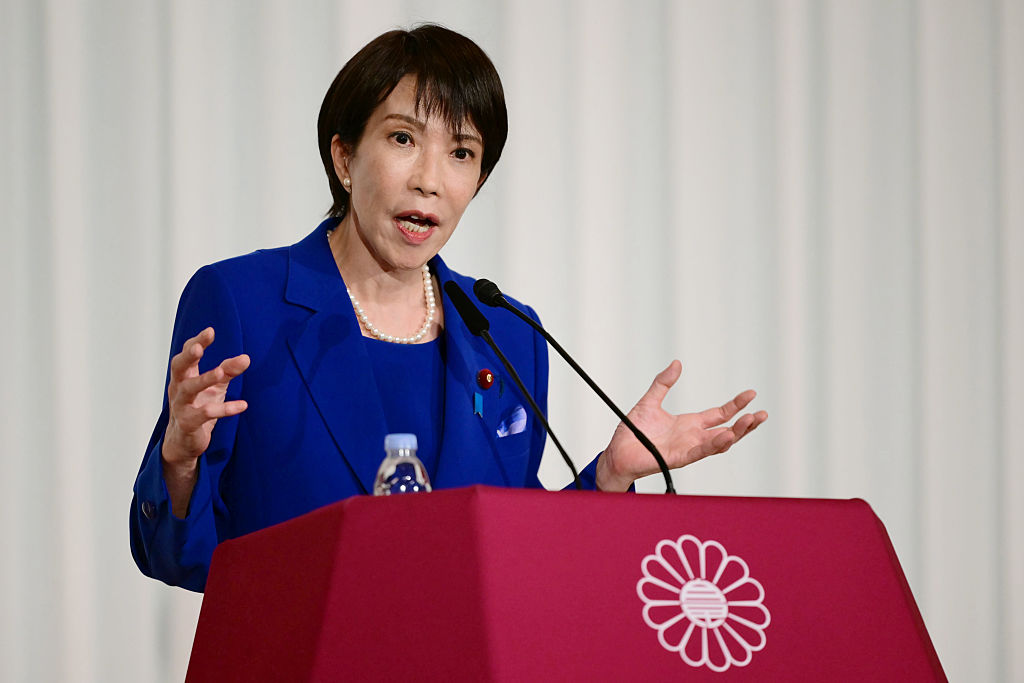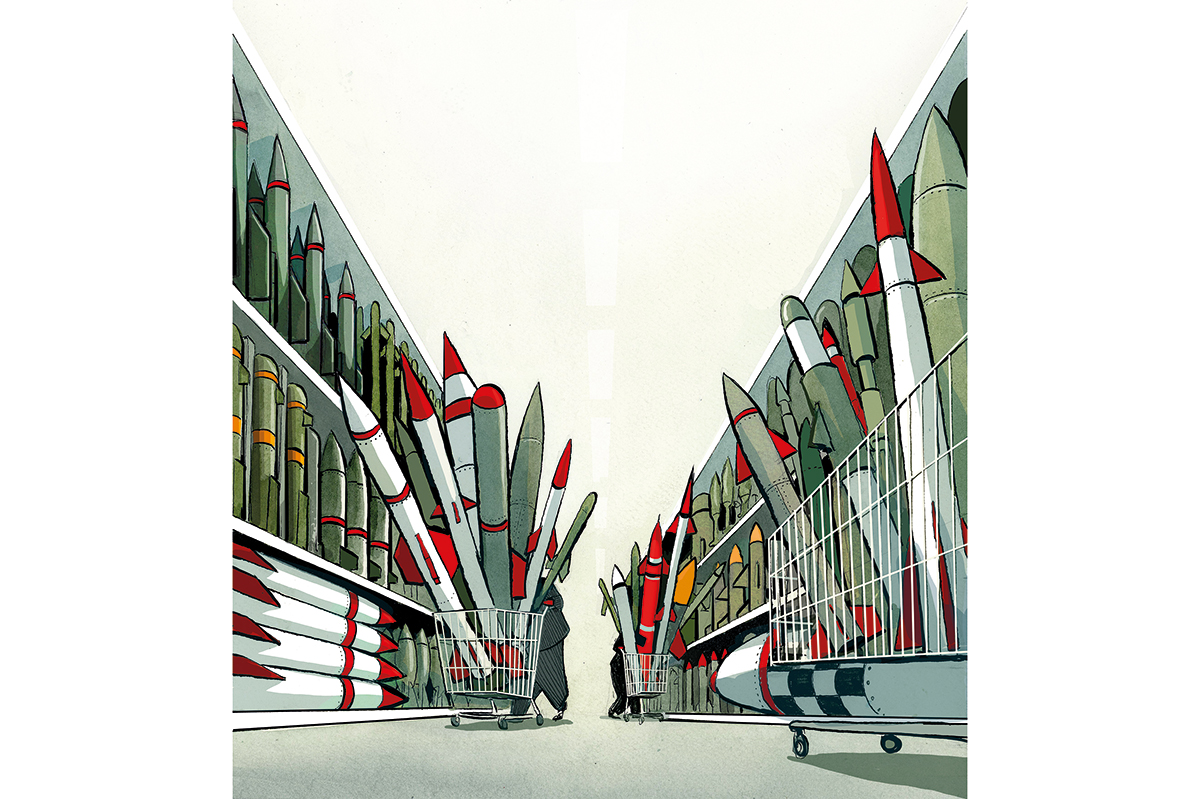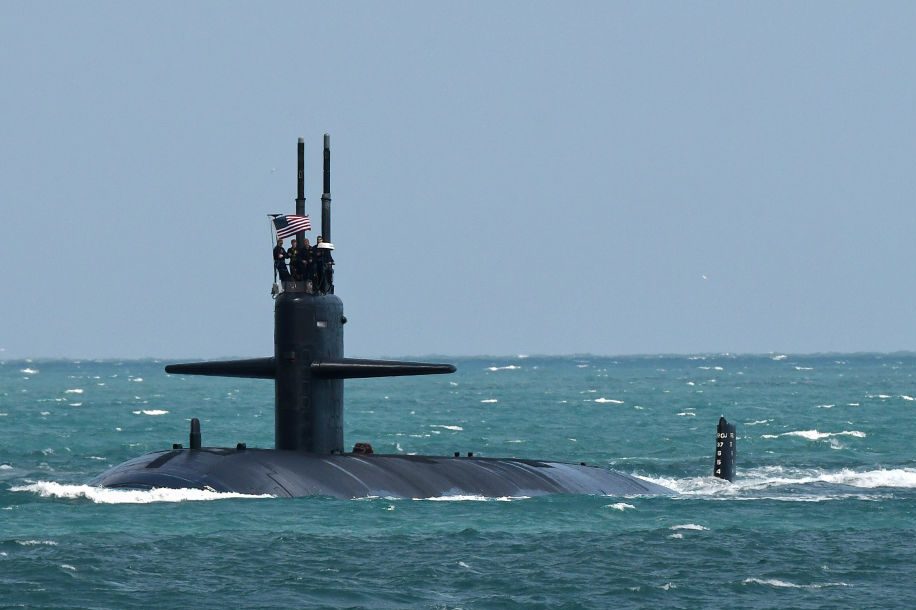In a dramatic move, South Korean president Yoon Suk-yeol declared martial law on Tuesday in a live broadcast on YTN television. Yoon did not specify exactly what measures would be taken but justified the decision as necessary to “safeguard constitutional order.”
Yoon accused opposition parties, which have a majority in the South Korean Parliament, of taking the parliamentary process hostage, a reference presumably to a motion by the opposition Democratic Party to impeach some of the country’s top prosecutors and the rejection of the government’s recent budget proposal.
What on earth is Yoon up to playing with fire like this?
Rather more wildly, and perhaps to whip up popular support for his extraordinary move, Yoon mentioned the “threat of North Korean forces” and his desire to “eradicate the despicable pro-North Korean anti-state forces that are plundering the freedom and happiness of our people.”
Yoon has been under severe pressure in recent months as he has struggled to get his agenda through. He won the election by a whisker, and has faced multiple scandals concerning stock manipulation and an embarrassing brouhaha concerning his wife and her acceptance of luxury gifts such as a Dior handbag — for which Yoon had to apologize (“She should have behaved better,” he said).
Yoon’s announcement is a reminder of how volatile and violent South Korean politics was in the not too distant past and of one dreadful period especially of which he is very well aware. At the end of 1979 the autocratic President Park Chung-hee was assassinated by the leader of the Korean Central Intelligence Agency.
This precipitated a coup d’état that installed a military dictatorship with martial law imposed on the entire country. The brutal crackdown of dissent that followed culminated in the crushing of a civilian uprising in the city of Gwangju (the Gwangju massacre, which claimed hundreds of lives). The repercussions of those events have rumbled on, Bloody Sunday-style, ever since.
Yoon’s father was a university professor at the time when all colleges were closed by the military regime as possible centers of opposition. Yoon himself was so affected by the Gwangju Uprising that he apparently held a mock trial with himself as the prosecutor where the death penalty for Chun Doo-hwan (the president of the republic, who usurped power after Park Chung-hee’s assassination) was demanded. Yoon subsequently feared imprisonment for his participation in this stunt and fled to Gangwon province as a result.
Yoon’s reference to North Korea meddling in the country’s affairs is another echo of those dark days. The north was rumored to have been involved in the events of the early Eighties, though recent scholarship has declared this unlikely. Reports of North Korean troops fighting in Ukraine has heightened anxiety about the communist state’s capacity for operating beyond its borders.
What on earth is Yoon up to playing with fire like this? It is not yet clear. It looks like the desperate move of a cornered man who had run out of options. Yoon spent a quarter of a century as a prosecutor investigating state corruption running up a long list of enemies. It could be that having finally reached the top and found that he was still having to battle for every inch of ground while bedeviled with scandals of his own and his colleague’s making, he has just snapped.
It is highly unlikely to work. It is not clear whether Yoon even has the authority to enact the kind of measures that the term “martial law” suggests. If he can’t get his budget through the Parliament, how will he instigate a nationwide crackdown?
He may not even get the chance to try. The leader of the Democratic Party, Lee Jae-myung is reported (by the Yonhap news agencies) as saying the move is “unconstitutional” and the head of Yoon’s own party (PPP — People’s Power Party) has called it “wrong” and vowed to block it. After a few hours of confusion, the national assembly just voted to end martial law.
The next few days should be very interesting.



